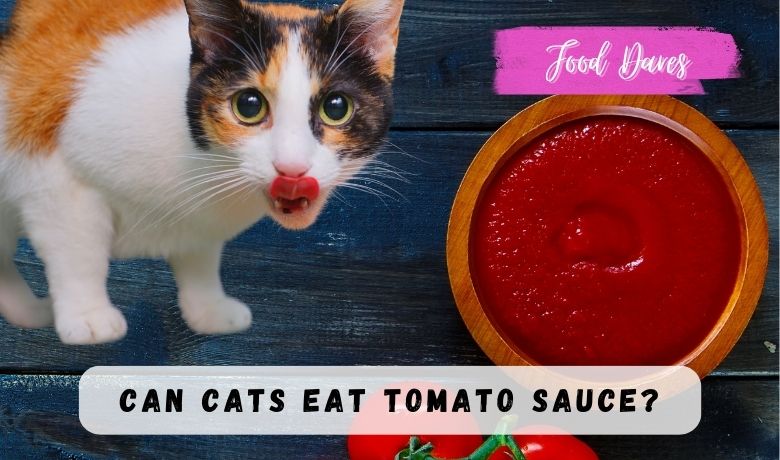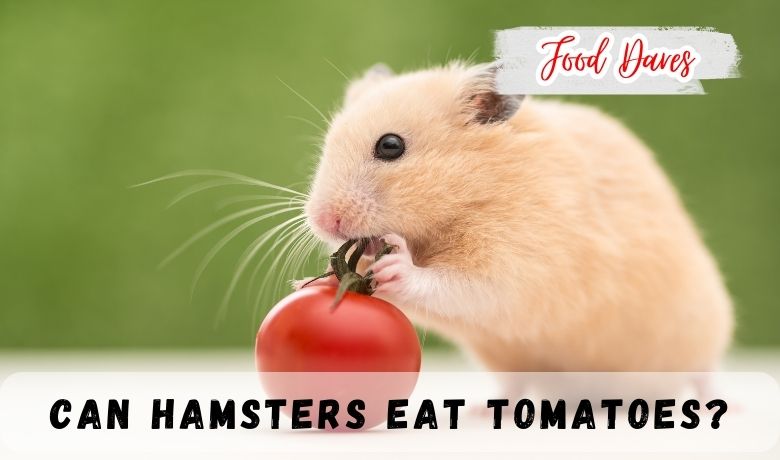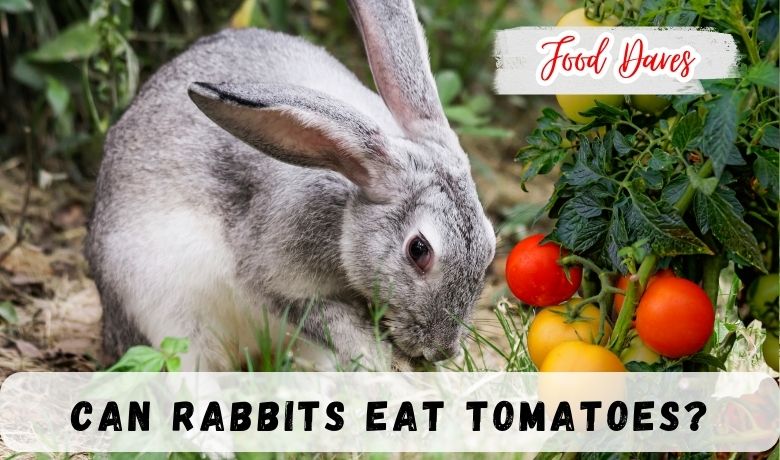Cats are curious creatures. That’s why they sniff around everything and love licking debris left on the plate. When you complete eating your meal, maybe your cat will be there to find something to lick. And if you have taken tomato sauce at the banquet, when licking your cat the debris, you may think, about whether the sauce is good or bad for a cat. You may consider also, does tomato sauce cause any toxicity to the cat’s health.
As the owner of a cat, it is vital to be conscious of your cat’s health. Even while serving tomato slices/juice/sauce to your cat, it’s very typical to come to this question in your mind, ” Can cats eat tomato sauce ” There is a lot of information and recommendations about this question online.
So, you may get confused. But, “Don’t Worry!” Here I have described the whole matter of whether you should give your cat tomato sauce or not. To know the answer, scroll down and read this content.
First of all, let’s know the basic ingredients of tomato sauces.
- tomatoes,
- Sugar,
- Garlic,
- Onions,
- Spices,
- basil,
- Oregano,
- Olive oil,
- Persley,
- Paprika,
Crushed red pepper and some include more ingredients.
Now, let’s go back to the main point, “Can cats eat tomato sauce?” You may probably know that cats can’t handle too many spices, and sugar is considered unhealthy for cats.
Garlic and Onions are also toxic to them. So tomato sauce can be harmful to your kitty even in small amounts. It damages the digestive system of a cat.
That’s why, after eating tomato sauce, a cat can get painful results from it. Then this question naturally comes to our mind, so which human foods can and can’t cats eat? Some of the cats’ foods name are:
- Eggs,
- fish,
- meat,
- rice,
- melon,
- carrots,
- berries,
- bananas,
- cheese,
- pumpkin,
- oatmeal,
- spinach etc.
The foods that may badly affect your cat are:
- garlic,
- Raw
- eggs,
- meats, fish & bones,
- Bread,
- Yeast,
- Dog food,
- Alcohol & caffeine,
- Milk & milk products,
- Avocados,
- Grapes,
- raisins etc.
Are you still thinking about the question?
“Can my cat have tomato sauce? Maybe you are thinking of other problems also connected to tomato sauces? Let me answer those. Keep up reading.
sardines in tomato sauces
You can serve sardines in tomato sauce because sardine is an excellent protein source, omega-three fatty acids, and other healthy nutrition.
Moreover, you can give sardines in sunflower oil, olive oil as well as soybean oil. Sardines are a yummy cat food.
They will benefit from it not only because of a balanced tomato in their diet, but it boosts a cat’s immune system to prevent heart, kidney, and other diseases.
Offer your feline canned sardines, canned tuna, and salmon as a treat on various occasions. At the cannery, sardines are canned in multiple ways.
The laborers wash the fish, remove its head, then cook them either deep frying or boiling. The best way is, to prepare sardines for your cat to make the treat more special.
Otherwise, if you want to serve canned sardines, in this s case, you also have to take a small preparation before serving.
When cookies it, make sure you have rinsed out the oil and spices, keeping them under cold water. Experts suggest that no need to add any salt and spices while steaming or boiling canned sardines.
Besides, there is also a question attached to this,
sardines in brine
It can’t be recommended because of containing a high amount of salt.
That’s why never give sardines in brine. But the alternative is to wash the sardines properly to remove the extra salt (sodium) from them before serving them. If you don’t remove salt, your fairy feline will suffer from salt/sodium poisoning.
Many cat owners don’t understand whether they give sardines or pilchards in the sauce. So they ask the experts, “Can I give my cat pilchards in tomato sauce?” The answer will be the same.
At first, you should check the measurement of salt used in pilchards. Before serving this, rinse out the excess salt and spices because it is unsuitable and undigestable for the cat’s health.
King Oscar, the name of a famous brand, has these elements for Canned sardines in tomato sauce.
- Sardines,
- Water,
- Tomato paste,
- Soybean oil,
- Sugar,
- salt,
- Tomato sauce,
- Salt,
- Citric Acid (Toxic),
- Carob Bean Gum,
- Hot Paprika & Paprika flavoring.
But a large amount of sardines in the sauce can cause devastation, which starts with body swelling and ends with diarrhea plus vomiting. Remember that your cat can eat sardines but with caution and proper moderation.
No need to give sardines in tomato sauce regularly to make a variety of their food. So it will be better, instead of food replacement, if you provide sardines in tomato fruit sauce as an occasional treat twice a month. Because cats also need consistency in their daily diet.
mackerel in tomato sauce
Yes, cats can eat mackerel in tomato sauce, whether it is fresh or canned. If you want, you can freeze fresh mackerel for one or two days. Otherwise, you can buy tinned or canned mackerel.
There is another option also. You can cook tomatoes and mackerel to surprise your kitty. Cook mackerel at home if you can and deliver it as a treat twice times in every month. That will be much special.
Further, if you prefer serving it regularly, the measurement is not more than two tablespoons per day. Before cooking the mackerel, you have to remember that remove scales and don’t put spices or salt as it can upset your feline friend’s stomach.
After finishing cooking, remove the bones and cut them into small pieces so that your adorable cat can easily eat them without any trouble.
Raw fish can make your kitty sick. It causes thiaminase deficiency syndrome. Would you like to know the symptoms of it? The symptoms are:
- drooling,
- anorexia,
- lethargy,
- neurological signs such as ventriflexion,
- incoordination,
- circling,
- dilated pupil,
- Seizures,
- Dilated pupils etc.
Try to always stick with mackerel because it is a good protein source, making your cat strong and energetic.
It is as healthy as sardines. Sardines/pilchards/mackerel provides proteins, fatty acids, vitamins such as vitamin D, B2, B3, B12, choline, calcium, phosphorus, selenium, potassium, zinc, magnesium iodine, fiber, copper, and also other minerals too. Mackerel can be a good source of nutrition.
Though mackerel is essential for cats, its combination with sauce is not safe at all if you keep it daily on your cat’s diet.
So, instead of feeding any food in a sauce, I recommend you let your cat eat grass so that it can get the right amount of vegetable matter and micronutrients from the grass. As a responsible owners of the cat, food should be our priority to keep our cats healthy. Shouldn’t it?
pasta and tomato sauce
Every cat likes tomato sauce very much. Once your cat finds sauce anywhere, it starts to lick continuously. Then when you notice it with wondering, you might think, why do cats like tomato sauce?
Their curious mind wants to taste it.
If you give them any food like ketchup or tomato skin with tomato sauce, you will be surprised to see them at the time of their eating. They love to eat anything with tomato sauce. They find it very tasty. That’s why, if you serve them pasta and tomato sauce, no doubt, they will eat it enjoying it with pleasure.
At this moment, a confusing question always knocks in our mind, can cats eat unripe tomato fruit sauce without any risk?” Feel free to feed any nutritional food or drinks to your cat. Build the habit to check every food ingredient. It helps you to widen your knowledge of every certain food product.
Pasta is made with flour, water, and eggs, which is not so bad for the cat. Pasta is full of carbohydrates. It is considered empty calories as junk food. Make sure your cat has no allergy to wheat or gluten. A cat may gain weight because of overeating pasta.
Ingredients
As we know, sauce includes enough salt. So, according to ASPCA (American Society for the Prevention of Cruelty to Animals), sauce’s salt can damage a cat’s digestive system. This sickness results in excessive thirst and urination, seizures, sodium ion poisoning, and even disturb immune systems.
Pasta isn’t made with either “cherry tomatoes sauces” or creamy ingredients (which contain high fats and acids). Tomato sauce is salty and acidic. It includes garlic and onion.
Now we know the result if a “cat eats raw tomato sauce” continuously no matter which food. When you give tomato sauce on pasta, it would be ok as a treat per week. Though It is recommended, try not to go overboard considering your cat’s health. Our primary target is to keep our fairy ball healthy.
(Frequently Asked Questions) about CATS EAT TOMATO SAUCE?
What happens if a cat eats tomato sauce?
Don’t panic if your cat ate tomato juice and sauce a little because a bit amount of sauce won’t damage your lovely cat. On the other hand, in the case of overeating sauce, there is a high possibility that your cat’s life may be in danger. If your cat suffers from food poisoning, you will see some symptoms. The symptoms are:
- loss of appetite,
- intestinal irritation,
- diarrhea,
- tremors,
- irritability or some other signs.
Please take it to your veterinarian as quickly as possible after detecting the symptoms .because a professional veterinarian will know best what to do or not in these situations.
Are cats allowed to eat tomato sauce?
As I have discussed before, eating a bit of sauce is not so risky. Tomato vegetables contain enough acid and salt. For that reason, salt/sodium poisoning can be happened to them, which is called Hypernatremia. The symptoms of it are Dehydration, low energy, body swelling, extreme thirst, etc.
Moreover, it causes “Heinz body anemia.” Observing these symptoms, be sure whether your cat is suffering from it or not. fever urinal disorder breath shortly loss of weight, among other signs.
Later it will cause permanent kidney problems or even death. Though they can tolerate a few licks, give your cat a healthy diet to avoid facing these hazardous situations.
Do tomatoes kill cats?
Tomatoes don’t kill cats, but it is allergies to tomatoes, an acidic problem. Typically ripe tomatoes are safe. A cat can eat tomatoes without fearing any risk. But obviously, it should be grown or cooked.
Cooked and ripe tomatoes don’t have toxic components, whereas unripe or green tomatoes (as well as their tomato stems and leaves) are extremely poisonous. Cats rarely suffer from eating tomatoes.
According to the ASPCA, tomato plants contain a glycoalkaloid poison, which is called solanine. It can be toxic if cats ingest it. Finally, Please keep away sauce from cats.
Conclusion
If I summarize the whole article- the cat’s system can digest a small quantity of tomato sauce, but the cat’s life would be in danger if it eats so much. Tomatoes and tomato sauce are essential for humans’ diets, not for cats’ regular diets.
Though tomato sauce is not fatal for cats, try to find other alternatives from the market, which will benefit your cat’s health. Indeed, please try your best not to serve any tomato sauce. Remain careful enough so that your loveable kitty can’t reach any seasonings.
Or if it has already been overeaten, check the ingredients first. Is it included ginger, onions, or salt? If your answer is yes, immediately consult a veterinarian to save your furry friend’s life. Hopefully, this article helps you solve all of your confusing questions related to it, “Can Cats Eat Tomato Sauce?”



